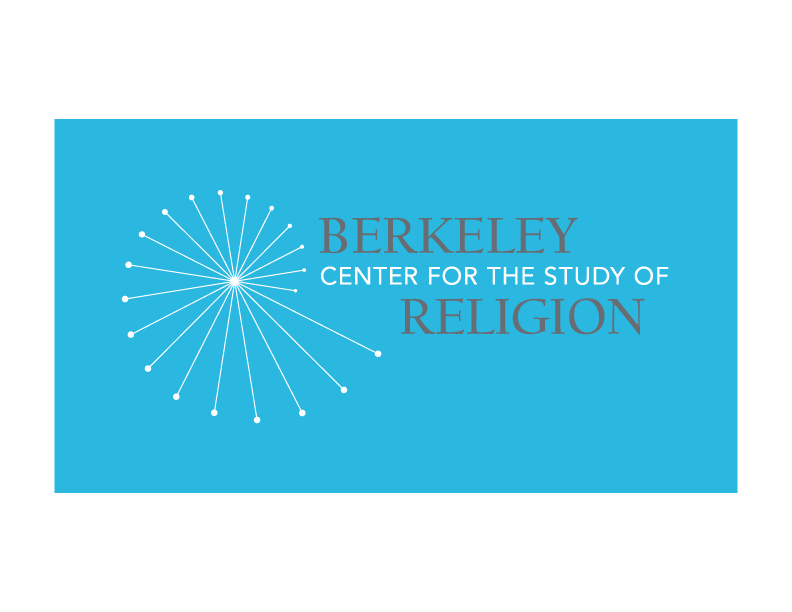What Comes After the Critique of Secularism?
This workshop gathers scholars who are interested in the myriad recent critiques of secularism spanning a variety of academic fields: history, political science, anthropology, comparative literature, etc. Our aim is to discuss the various motives for these critiques, their implications, and what alternatives, if any, they put forward. What implications, for instance, does the critique of secularism have for the writing of history or the study of political theory, African American Studies or comparative literature? What comes after the critique of secularism? The ultimate goal is not to defend or critique so-called secular studies. Rather, it is to discuss where this field might be heading.
Schedule
8:00-8:15: Coffee
8:15-8:30: Introduction: Jonathan Sheehan
8:30-10:30: Islam and Emancipation after the Critique of Secularism
Moderator: Karen Barkey
Nadia Marzouki, “What is Critique if It’s Not Secular?”
Ussama Makdisi, “History and the Limits of Anti-Secularist Critique”
Mohamed Amer-Meziane, “Marxian Specters After Secularism? Public Theologies and the Critique of the State”
Mona Oraby, “Rethinking the Public-Private Distinction in Secularism Studies”
10:30-10:45: Break
10:45-12:15: Rival Versions of Secularism in European Political Thought
Moderator: David Bates
Udi Greenberg, “Freedom of Religion, Protestantism, and Catholic Polemics”
James Chappel, “Varieties of Secularism in the Catholic Church: 1930-1960”
Carlo Invernezzi Accetti, “Beyond Secularism and Establishment: The Idea of Religious ‘Inspiration’ in Politics in the Intellectual Tradition of Christian Democracy”
12:15-1:45: Lunch
1:45-3:15: Secularism, Christian Mission and the American Public Sphere
Moderator: Daniel Steinmetz-Jenkins
David Hollinger, “Protestant Foreign Missions and the Vindication of Secularization Theory”
Anna Su, “’What is a Church?’ Secularism and the Expanding Boundaries of Religion”
Vincent Lloyd, “Principled Post-Secularism: Left Right Convergences”
3:15-3:30: Break
3:30-5:00: The Future of Secular Studies:
Moderator: David Marno
Joseph Blankholm, “Bridging the Gap in Secular Studies”
Joanna-Tice Jen, “Reclaiming Religion’s Body: Saba Mahmood’s Materialist Political Ethics”
Jerilyn Sambrooke, “A Dangerous Certainty: The Spectre of Religious Fanaticism in Marilynne Robinson’s Gilead Trilogy”
5:00-5:15: Concluding Remarks: Daniel Steinmetz-Jenkins

